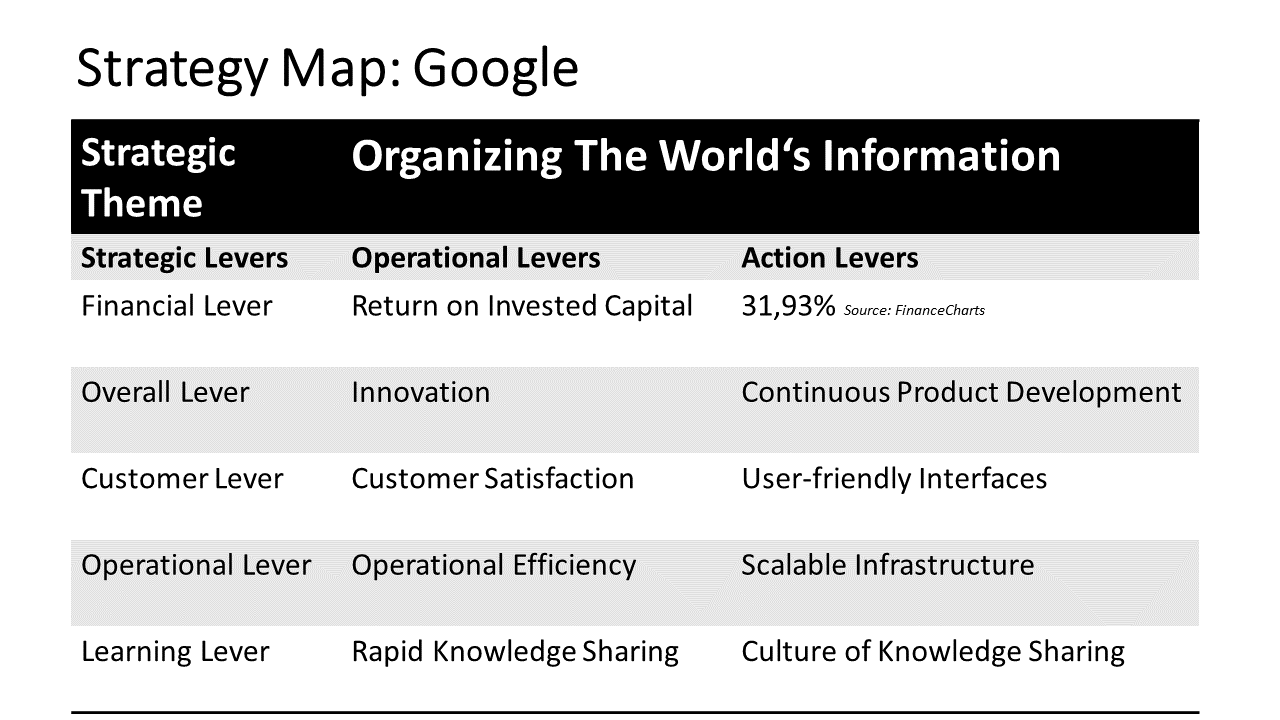The strategy consulting sector is also experiencing significant innovation driven by advancements in technology, changing client needs, and the evolving business landscape. Here are some key areas of innovation in the strategy consulting sector:
1. Data Analytics and Artificial Intelligence: The use of data analytics and artificial intelligence (AI) has revolutionized the strategy consulting sector. Consultants now have access to vast amounts of data, enabling them to make data-driven decisions and provide more accurate insights to clients. AI-powered tools can analyze large datasets, identify patterns, and generate actionable recommendations, enhancing the quality and speed of strategic decision-making.
2. Digital Transformation: With the rapid advancement of technology, digital transformation has become a key focus for many organizations. Strategy consultants play a crucial role in helping businesses navigate this transformation by developing digital strategies, implementing new technologies, and optimizing processes. This includes areas such as cloud computing, automation, cybersecurity, and digital marketing.
3. Innovation and Disruption: Strategy consultants are increasingly helping organizations embrace innovation and navigate disruptive forces in their industries. They assist in identifying emerging trends, evaluating new business models, and developing strategies to stay ahead of the competition. This includes areas such as open innovation, ecosystem partnerships, and agile methodologies.
4. Sustainability and ESG: Environmental, Social, and Governance (ESG) considerations have gained significant importance in recent years. Strategy consultants are helping organizations integrate sustainability practices into their strategies, operations, and decision-making processes. This includes areas such as carbon footprint reduction, renewable energy adoption, ethical sourcing, and diversity and inclusion initiatives.
5. Customer Experience and Personalization: With the rise of digital channels and changing customer expectations, delivering exceptional customer experiences has become a strategic priority for organizations. Strategy consultants assist in developing customer-centric strategies, leveraging data and technology to personalize interactions, and optimizing customer journeys across various touchpoints.
6. Agile Strategy Development: Traditional strategic planning processes are being replaced by more agile and iterative approaches. Strategy consultants are adopting agile methodologies to help organizations respond quickly to market changes, test hypotheses, and adapt their strategies in real-time. This includes techniques such as design thinking, rapid prototyping, and lean startup methodologies.
7. Industry-specific Expertise: Strategy consultants are increasingly developing deep industry expertise to provide specialized insights and solutions to clients. This includes sectors such as healthcare, technology, finance, energy, and retail. Consultants with industry-specific knowledge can better understand the unique challenges and opportunities faced by organizations in those sectors and provide tailored strategies.
8. Remote Collaboration and Virtual Consulting: The COVID- 19 pandemic has accelerated the adoption of remote collaboration tools and virtual consulting. Strategy consultants are leveraging digital platforms to conduct virtual workshops, meetings, and client engagements. This allows for greater flexibility, cost savings, and access to global talent pools.
9. Diversity and Inclusion: Strategy consulting firms are recognizing the importance of diversity and inclusion in driving innovation and better decision-making. They are implementing initiatives to increase diversity within their own organizations and advising clients on diversity and inclusion strategies. This includes promoting gender equality, ethnic diversity, and inclusive leadership practices.
10. Continuous Learning and Development: Strategy consultants are investing in continuous learning and development programs to stay updated with the latest trends, methodologies, and tools. This includes internal training programs, partnerships with academic institutions, and knowledge-sharing platforms. Continuous learning ensures that consultants can provide the most relevant and impactful advice to clients.
These innovations in the strategy consulting sector are reshaping the way consultants work, collaborate, and deliver value to clients. They are driven by the need to adapt to a rapidly changing business environment, leverage technology advancements, and provide strategic guidance that addresses complex challenges. By embracing these innovations, strategy consultants can help organizations navigate uncertainty, drive growth, and achieve long-term success.
